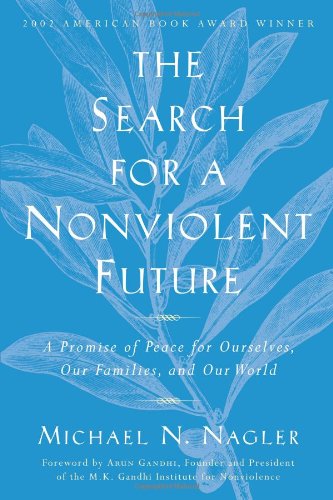“‘If you had hurt an Englishman,’ said Jan Smuts, ‘I would have shot you, even deported your people. As it is, I would have put you in prison and tried to subdue you and your people in every way. But how long can I go on like this when you do not retaliate?’” ~ Gandhi, Harijan, September 26, 1946
Gandhi’s great opponent in South Africa, General Jaan Smuts, speaks candidly here about the way that the nonviolence of the Satyagraha struggle confounded and transformed him. He also gives insight into the mindset of a person who is defending a harmful system through the use of violent force: if someone from their side is harmed, they will use that as a justification for violence. It’s not that they were not using some violence anyway, but when nonviolence was offered, it was much harder to justify. The police force in America is an example. Hurt one of “theirs” and it’s trouble for everyone—and it makes national news. But resist them nonviolently, and see what happens. As we saw, for example, in the 1960s Civil Rights struggle, the results are amazing; but few still follow this method: so great is our need for movement discipline! This is what Gandhi means when he says that nonviolence is an appeal to the heart. The head would say, “Do to them what they did to you!” But nonviolence says, “be more creative.” And ultimately, more effective!
Thanks for sharing a comment below.
About Daily Metta
 Stephanie Van Hook, the Metta Center’s executive director, launched Daily Metta in 2015 as a way to share Gandhi’s spiritual wisdom and experiments with nonviolence.
Stephanie Van Hook, the Metta Center’s executive director, launched Daily Metta in 2015 as a way to share Gandhi’s spiritual wisdom and experiments with nonviolence.
Our 2016 Daily Metta continues with Gandhi on weekdays. On weekends, we share videos that complement Michael Nagler’s award-winning book, The Search for a Nonviolent Future: A Promise of Peace for Ourselves, Our Families, and Our World. To help readers engage with the book more deeply, the Metta Center offers a free PDF study guide.
Enjoy more Daily Metta: See the archives
Get Daily Metta by email: Subscribe








